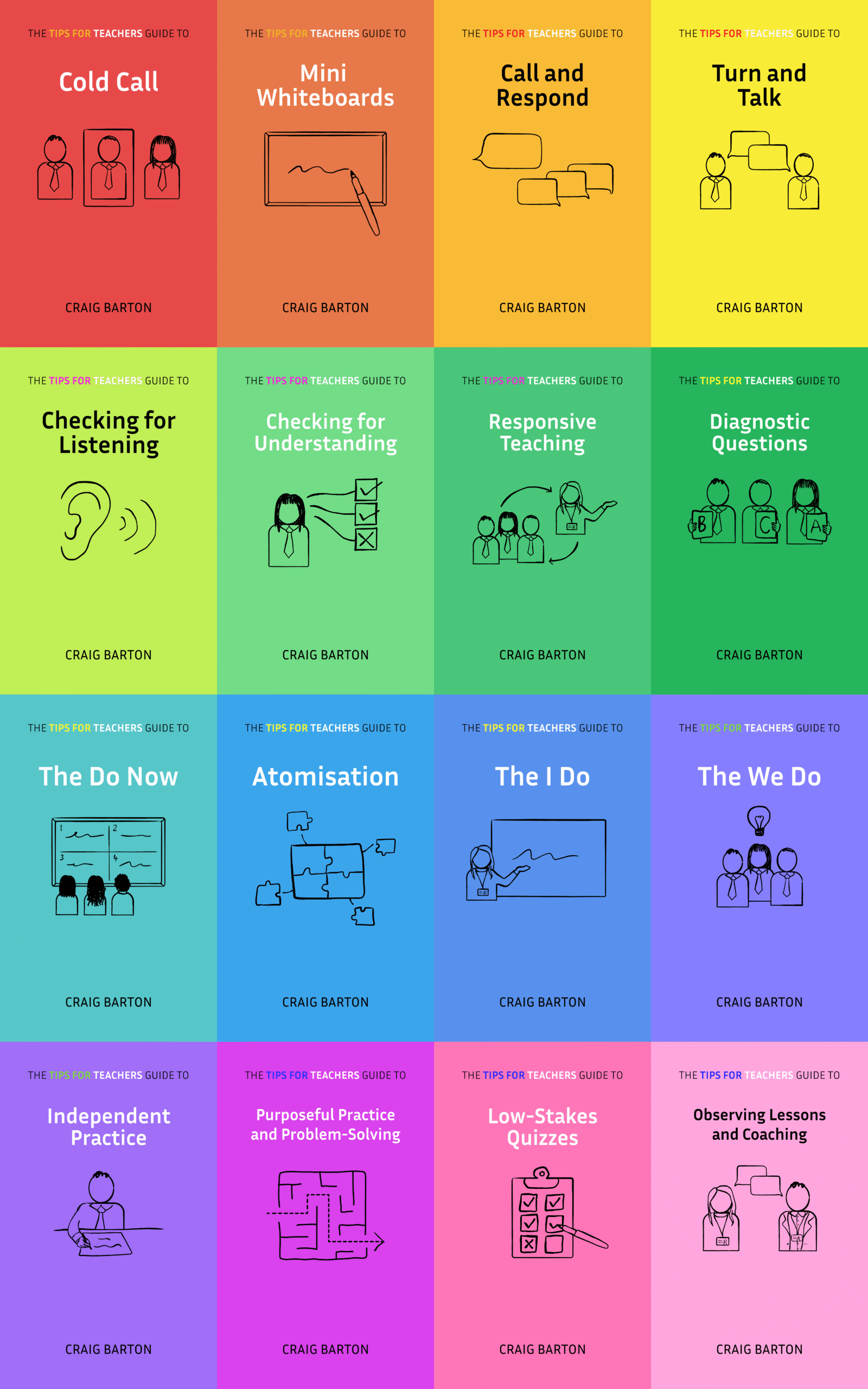
- Title: The Derring Effect: Deliberate Errors Enhance Learning
- Authors: Wong and Lim
- Access the original paper here
- Listen to a deep-dive podcast:
Paper summary
This research article investigates the “derring effect,” a counterintuitive phenomenon where deliberately making and correcting errors enhances learning, even when the correct answer is known. Three experiments demonstrate that this method surpasses traditional errorless learning strategies, such as copying or generating correct answers. The study explores potential mechanisms behind the derring effect, including enhanced target processing during correction and the role of elaboration. Interestingly, participants consistently underestimated the effectiveness of this error-based approach. The findings suggest valuable implications for educational practices and offer a new perspective on the role of errors in learning.
What are the key implications for teachers in the classroom?
- Teachers can enhance student learning by encouraging the deliberate commitment and correction of errors, especially in low-stakes learning environments. Traditionally, errors have been avoided in learning, but research suggests that errors can be valuable learning opportunities.
- Deliberate erring can be incorporated into classroom activities and homework assignments. Teachers can guide students to intentionally make and then correct plausible but inaccurate responses. This approach can help students identify gaps in their understanding and turn mistakes into learning experiences.
- Teachers should strive to create an error-friendly learning environment where students feel comfortable making mistakes. Deliberate erring can help reframe errors as positive learning opportunities and reduce the fear of making mistakes.
- Teachers need to address students’ metacognitive illusions about errors. Students often underestimate the benefits of deliberate erring. Teachers should explicitly discuss effective learning techniques, including deliberate erring, to help students develop accurate metacognitive awareness.
- Teachers can guide students to deliberately commit and correct conceptually plausible but inaccurate responses, which can also stimulate class discussions. This can help to make errors meaningful teachable moments.
- Teachers can design homework assignments that systematically incorporate deliberate erring and correction. Through these activities, students may identify and address potential gaps in their understanding.
Quote
Our findings suggest that preventing errors in low-stakes learning contexts may, in itself, be an error. Rather, to improve learning, teachers can actively promote errors in the classroom by guiding students into deliberately committing and correcting them, particularly conceptually plausible but inaccurate responses that can also stimulate class discussion








